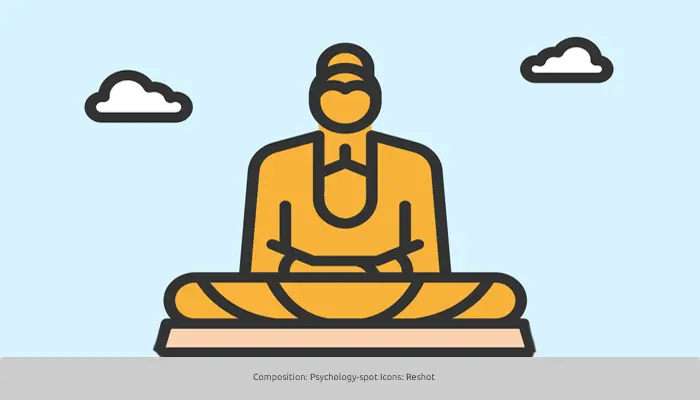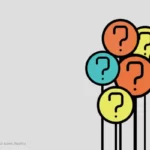
One community asked a wise Buddhist master to give them a series of speeches about his philosophy, as they considered it the best way to learn. After much insistence, the master agreed. He asked a simple question:
– Do you know what I’m going to talk about in today’s speech?
– No – everyone answered in unison.
– Well, if you do not even know what I’m going to talk you about, how are you going to learn? – Said the sage and left.
After several days, the community members returned to look for him. Then the sage asked them:
– Do you know what I’ll talk you about today?
– Yes – they answered this time, having previously agreed.
– Well, if you already know what I’m going to talk about, you do not need me – and the master left again.
Insisting that this was the only way to understand Buddhism, they reflected and returned to the master. This time they concluded that it would be better to answer that some did know what he would talk about and others did not, in case the wise man asked them again. In fact, all of them waiting for the speech, the teacher asked once again:
– So, do you know what I’ll talk you about today?
– Some do know it, others don’t – they answered satisfied.
– In that case – said the wise man smiling – that those who know, instruct those who do not know.
And he left to never go back.
This parable alerts us of our limited conception of knowledge and tells us that things really worthwhile are learned through direct experience and inner search, committing ourselves to change, not waiting for someone to come and show us the way.
The role of experiences in the search for knowledge
Schopenhauer also suggests that a mind full of abstract ideas about the world, ideas not rooted in personal experience, will tend to impose its ideas, instead of allowing external phenomena to touch the “cognitive cords” of our consciousness.
“Instead of developing the child’s own faculties of discernment, and teaching it to judge and think for itself, the teacher uses all his energies to stuff its head full of the ready-made thoughts of other people”, said the philosopher.
Schopenhauer advocates for a “natural education”, one in which we experience the world and then summarize it in general principles. That is why it qualifies scholastic education as “artificial”.
“The artificial method is to hear what other people say, to learn and to read, and so to get your head crammed full of general ideas before you have any sort of extended acquaintance with the world as it is, and as you may see it for yourself. You will be told that the particular observations which go to make these general ideas will come to you later on in the course of experience; but until that time arrives, you apply your general ideas wrongly, you judge men and things from a wrong standpoint, you see them in a wrong light, and treat them in a wrong way. So it is that education perverts the mind.”
Schopenhauer believed that artificial education that is not based on direct experience, leads us to accumulate too many preconceived notions with which we judge the world, which generates a “nervous anxiety” and a “mistaken confidence”, a kind of perpetual cognitive dissonance when we try to enclose the world within our orderly scheme of how things are, instead of trying to experiment for ourselves.
His ideas do not differ from what in Taoism is called “conventional knowledge”. “For the very nature of conventional knowledge is that it is a system of abstractions. It consists of signs and symbols in which things and events are reduced to their general outlines.
“There is another knowledge, however, that is what interests Eastern philosophies focused on understanding life directly, rather than being trapped in the linear and abstract terms of words and thought”, wrote Alan Watts.
Think, ask yourself, question, experiment …
Knowledge, that one which can really change us and allows us to grow, must start from curiosity. Curiosity encourages us to explore and discover to reach our own truths, not to embrace the truths that someone has told us.
That curiosity allows us to experience reality, really, without trying to fit it into our limited conception of the world. That can destabilize our belief system and concepts, but it’s not a bad thing, quite the opposite. After the school built our conception of the world, we must dedicate ourselves to question it, putting it to the test and, in short, reflect on everything that we have been taught.
After all, critical thinking is what sets us free.



